
Who is afraid of global stable coins?
Efforts by global stablecoin networks to drive the next stage of payments innovation have raised a number of fundamental concerns that these networks could destabilise monetary policy, facilitate money laundering and erode user privacy to name a few fears, as well as raise fundamental questions about the appropriate role of private money.
The Financial Stability Board (FSB) examined regulatory issues raised by global stablecoins and recently recommended that regulation, supervision and oversight is proportionate to the risks and stressed the value of flexible, efficient, inclusive, and multi-sectoral cross-border cooperation, coordination, and information sharing arrangements among authorities. In tandem, the Council of the EU and the European Commission published a joint statement last year stating that no global stablecoin arrangement should operate in the EU until “the legal, regulatory and oversight challenges and risks have been adequately identified and addressed.”
In September, the European Commission started the EU process of addressing these challenges and risks through a legislative proposal to address for the regulations for markets in crypto-assets (MiCA) and on a pilot regime for market infrastructures based on distributed ledger technology as part of a broader digital finance package introduced to enable and support the potential of digital finance to boost innovation and competition, while at the same time mitigating risks stemming from it.
While potential stablecoin network operators wait for the implementation of MiCA before contemplating launching, the Council and the Commission welcomed the fact that EU central banks and regulators are looking at the costs and benefits of central bank digital currencies and also welcomed the key role of European “payment actors” in exploring further the ongoing digital transformation of the payment system to meet customer and market expectations.
This webinar looks at what are the potential implications of the stance so far of policymakers on global stablecoin networks to enable them to launch. Although the international standard setters have delivered global recommendations and helpfully a roadmap for potential revisions, will national frameworks lead to similar approaches across jurisdictions, or will the regulatory landscape create a patchwork of countries that prohibit/permit the evolution of stablecoin networks? Does MiCA get the balance right between supporting technology and innovation to deliver payments, while mitigating potential risks? Stablecoins are by definition global, so does this mean that the EU risks stifling their development? Or is the objective really about ensuring that the ECB has time to develop a digital euro given concerns over implications of stablecoins for monetary policy and the unease of the role of private money.
- Webinar link: https://zoom.us/j/93664447745
Speakers
-
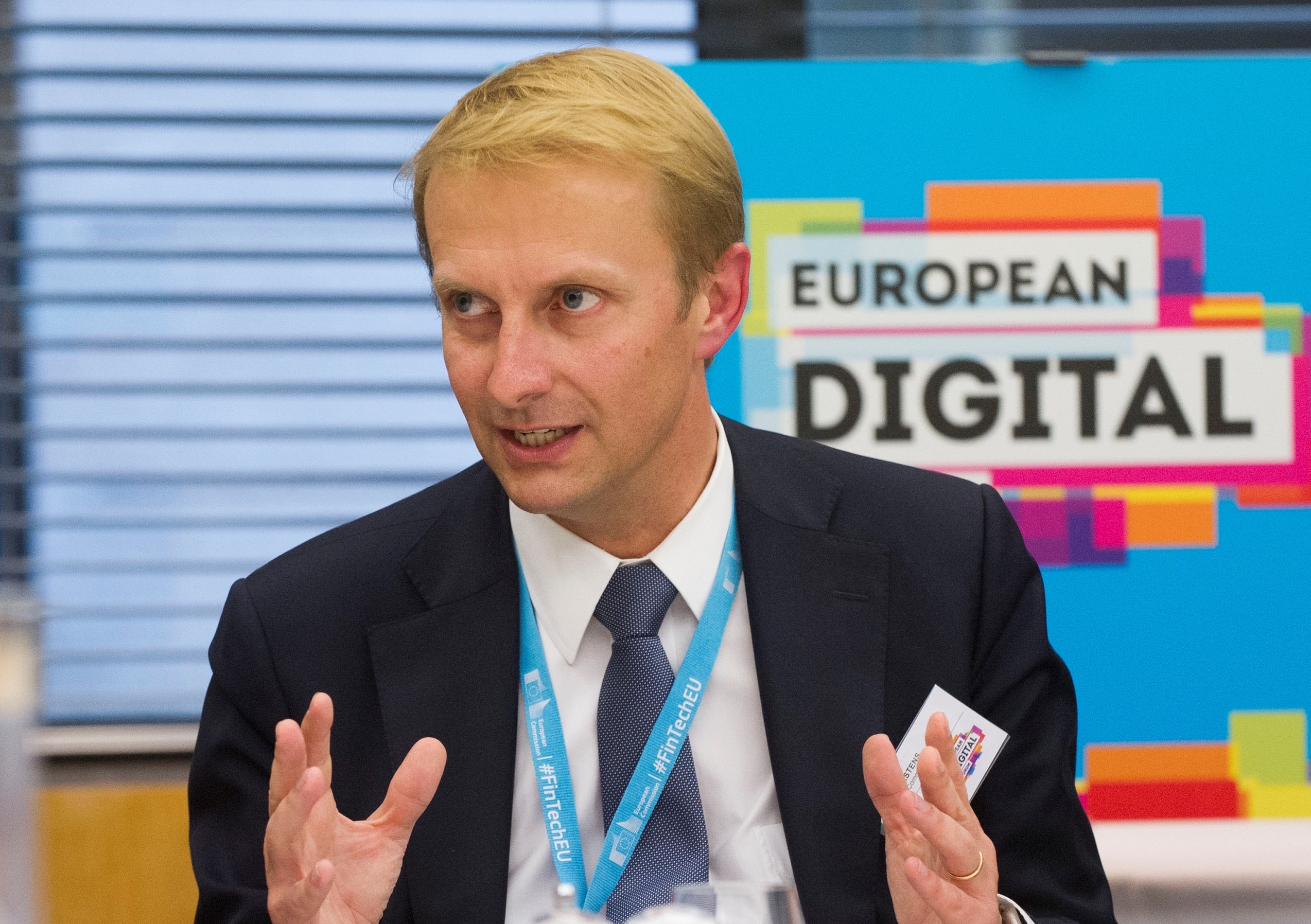 04. Peter KerstensAdviser for Financial Sector Digitalisation and Cyber Security, DG FISMA, European Commission
04. Peter KerstensAdviser for Financial Sector Digitalisation and Cyber Security, DG FISMA, European CommissionPeter Kerstens advises on Technological Innovation, Digital Transformation and Cybersecurity at the European Commission’s Directorate-General for Financial Stability, Financial Services and Capital Markets Union. He has led work on the European Commission’s Fintech Action Plan and Co-chairs the European Commission’s Fintech Taskforce. He has extensive experience and expertise in EU policy and regulation covering financial services, digitalisation, security and consumer protection. Earlier in his career, Peter was Finance Counsellor at the EU Embassy in Washington DC.
He has also been a member of the private offices of the Commissioner for the internal market and services and the Commissioner for health and consumer protection. Before joining the European Commission, Peter advised major financial services companies on EU regulatory affairs. He is a Dutch national and holds master degrees in European affairs and political science from the College of Europe in Bruges and the University of Leuven, Belgium.
-
 Barry KingHead of Division for Financial Market Infrastructure Regulation, Bank of England
Barry KingHead of Division for Financial Market Infrastructure Regulation, Bank of EnglandBarry King is Head of Division for Financial Market Infrastructure (FMI) Regulation, responsible for policy in relation to central clearing houses (CCPs), payment systems and central securities depositaries (CSDs), including data and international engagement.
Barry joined the Bank of England in 2016 as Senior Manager for CCP Policy and has also held roles across FMI supervision and policy, including responsibility for risk and resilience.
Previously, Barry was a technical specialist in markets infrastructure at the Financial Conduct Authority (FCA) and at its predecessor, the Financial Services Authority (FSA) where he worked for 11 years across a number of roles.
Barry graduated from Southampton University and also worked at HM Treasury early in his career.
-
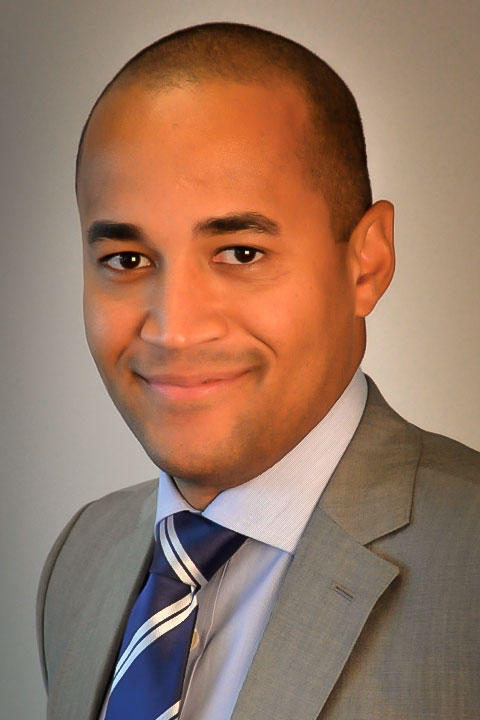 Dante DisparteVice Chairman and Head of Policy and Communications, Libra Association
Dante DisparteVice Chairman and Head of Policy and Communications, Libra AssociationDante Disparte is the vice chairman and Head of Policy and Communications for the Libra Association. Dante has two decades of experience as an entrepreneur, business leader and global risk expert, most recently as founder and head of Risk Cooperative. Dante also serves as an appointee on the Federal Emergency Management Agency (FEMA) National Advisory Council, the United States’ federal emergency response agency. He is a founding advisor of the Global Blockchain Business Council and a senior fellow with the Blockchain Trust Accelerator. Dante is a graduate of Harvard Business School and holds an MSc. in Risk Management from the NYU Stern School of Business and a B.A. in International and Intercultural Studies from Goucher College. He is the co-author “Global Risk Agility and Decision Making” (Macmillan, 2016) and was recognized as one of the 40 leaders under 40 by the Washington Business Journal and in the inaugural Powermeter 100 list.
-
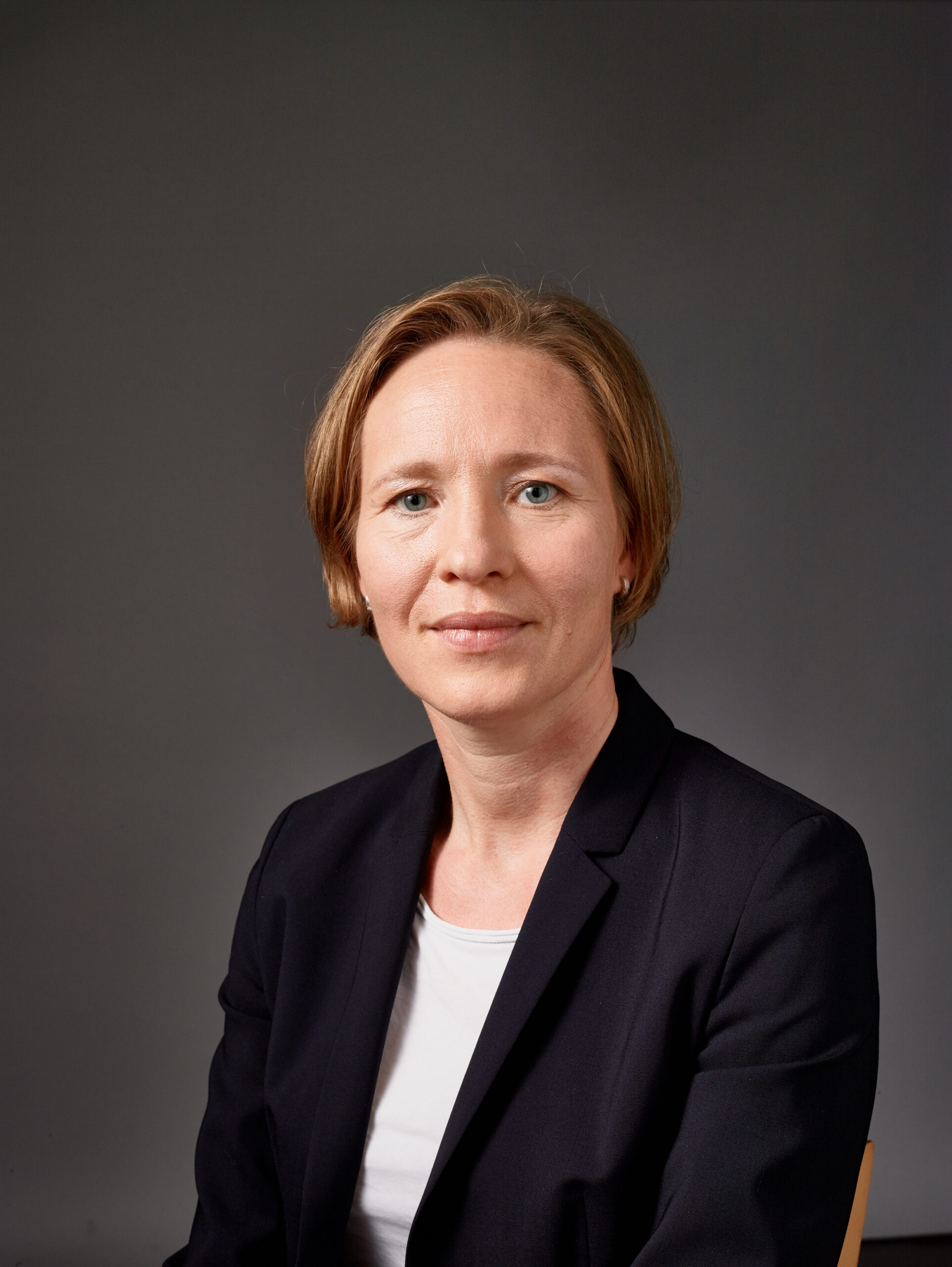 Doris DietzeHead of the Digital Finance, Payment Services and Cyber Security Division, German Federal Ministry of Finance
Doris DietzeHead of the Digital Finance, Payment Services and Cyber Security Division, German Federal Ministry of FinanceDoris Dietze is head of the Digital Finance, Payment Services and Cyber Security Division at Germany’s Federal Ministry of Finance. Her responsibilities include the development of strategies with respect to fintechs, digitalisation of the financial markets, and cybersecurity. She is also responsible for regulatory issues in the field of payments.
She studied law at the universities of Trier, Münster and Reading (UK).
-
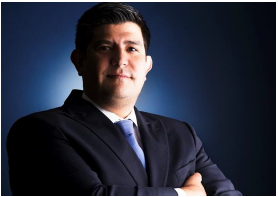 Eduardo Flores HerreraPartner, Capital Markets, Banking and Finance, Creel, Mexico
Eduardo Flores HerreraPartner, Capital Markets, Banking and Finance, Creel, MexicoMr. Flores has represented sponsors, issuers, servicers and underwriters in a wide
variety of public and private securities offerings, including equity, real estate investment trusts (Fibras), CKDs, securitizations, unsecured debt, secured debt and
subordinated debt. Mr. Flores has also represented local and international lenders and syndicate members in all types of financings, including unsecured, secured, warehouse and asset-backed financings.Mr. Flores advised Grupo Financiero Banorte in two follow-on equity offerings (including the second largest equity offering in Mexico) and also represented Credit Suisse and Barclay’s as underwriters for Grupo Financiero Interacciones in its equity offering in Mexico and international markets. He also represented Banorte, HSBC and Multiva as issuers, and Credit Suisse as underwriter for Mifel, in several local and international offerings of Tier-2 capital subordinated securities. Mr. Flores also represented Comisión Federal de Electricidad in all of its capital markets transactions from 2006 to 2014, which included local and international offerings of unsecured debt as well as notes backed by financed public works. Also, he represented the Mexican Government in three issuances
of credit-linked notes (“catastrophe bonds”), the only offerings of their kind by a Latin-American country.On July 2014, Mr. Flores was appointed Vice-president for Securities Supervision of the National Banking and Securities Commission (CNBV). In this position, Mr. Flores was in charge of the supervision of all securities market participants, including issuers, broker-dealers, mutual funds, rating agencies, introducing brokers, exchanges, central counterparties, central deposits, and price vendors. He was also in charge of authorizing all public offerings of securities in Mexico and the incorporation of mutual funds, in addition to participating in the drafting of all securities-related secondary regulation.
In such position, Mr. Flores was a key player in the design, negotiation and drafting of the regulation of the Infrastructure and Energy Investment Trusts (Fibra E), the Investment Project Certificates (Cerpi), as well as the regulation allowing for the incorporation of the second stock exchange in Mexico.
Mr. Flores was involved in several international organizations and groups, including:
• Member of Committee 2 (Secondary Market); the Inter-American Regional
Committee; and the Infrastructure Working Group, all from the International
Organization of Securities Commissions (IOSCO);
• Member of the Credit Rating Agencies Supervisory Core Colleges of Moody’s,
Standard & Poor’s and Fitch;
• Member of the Pacific Alliance supervisors’ committee, comprised by securities
regulators from Chile, Peru, Colombia and Mexico; and
• Representation of Mexico with the Ibero-American Securities Institute.
Mr. Flores has been a speaker at several industry events, including the Mexican
Securities Participants Association (AMIB), the Issuers’ Convention, the Pension Funds’ Association (AMAFORE) and Private Equity Association (AMEXCAP), and has been professor in the Derivatives Post-Graduate degree at the Instituto Tecnológico Autónomo de México (ITAM).In addition, Mr. Flores is the secretary of BlockChain Mexico, a non-profit organization engaged in promoting the use of blockchain technology in Mexico.
-
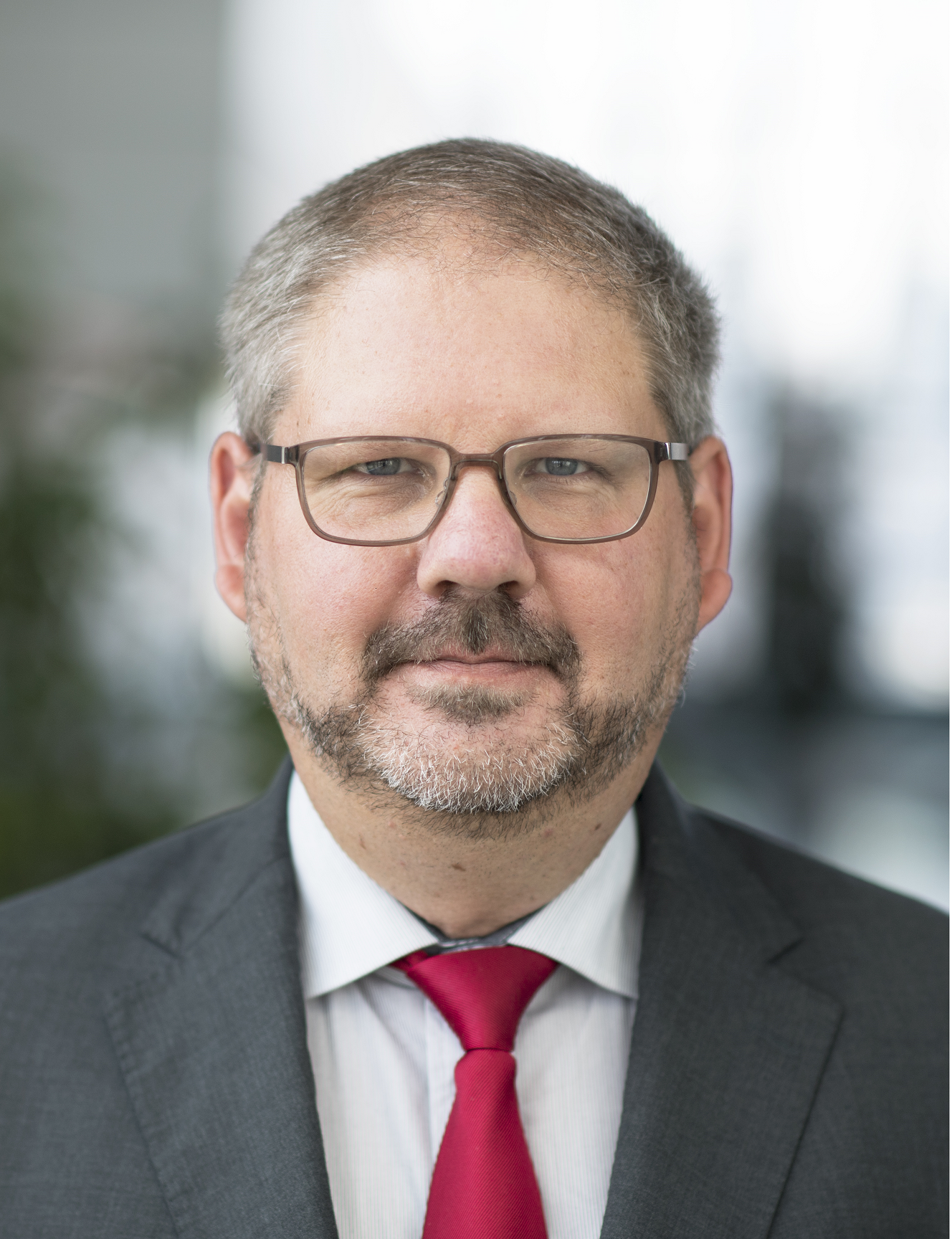 Klaus LöberHead of the Oversight Division of the European Central Bank
Klaus LöberHead of the Oversight Division of the European Central BankKlaus Löber is Head of the Oversight Division of the European Central Bank. His areas of responsibility encompass the oversight of financial market infrastructures, payments instruments and schemes including their safety and efficiency, risk management and cyber resilience as well as related EU and global regulatory activities. Prior to this, Mr Löber was Head of the Secretariat of the Committee on Payments and Market Infrastructures, the global standard setting body in the area of payments, clearing and settlement. Earlier positions include the European Commission, Deutsche Bundesbank and private practice.
-
 Philipp SandnerFounder, Frankfurt School Blockchain Center (FSBC) and Member of the FinTech Council of the German Federal Ministry of Finance
Philipp SandnerFounder, Frankfurt School Blockchain Center (FSBC) and Member of the FinTech Council of the German Federal Ministry of FinanceProf. Dr. Philipp Sandner has founded the Frankfurt School Blockchain Center (FSBC). From 2018 to 2020, he was ranked as one of the “top 30” economists by the Frankfurter Allgemeine Zeitung (FAZ), a major newspaper in Germany. Further, he belonged to the “Top 40 under 40” — a ranking by the German business magazine Capital. Since 2017, he has been a member of the FinTech Council of the Federal Ministry of Finance in Germany.
The expertise of Prof. Sandner includes blockchain technology in general, crypto assets such as Bitcoin and Ethereum, the digital programmable Euro, tokenization of assets and rights and digital identity.
-
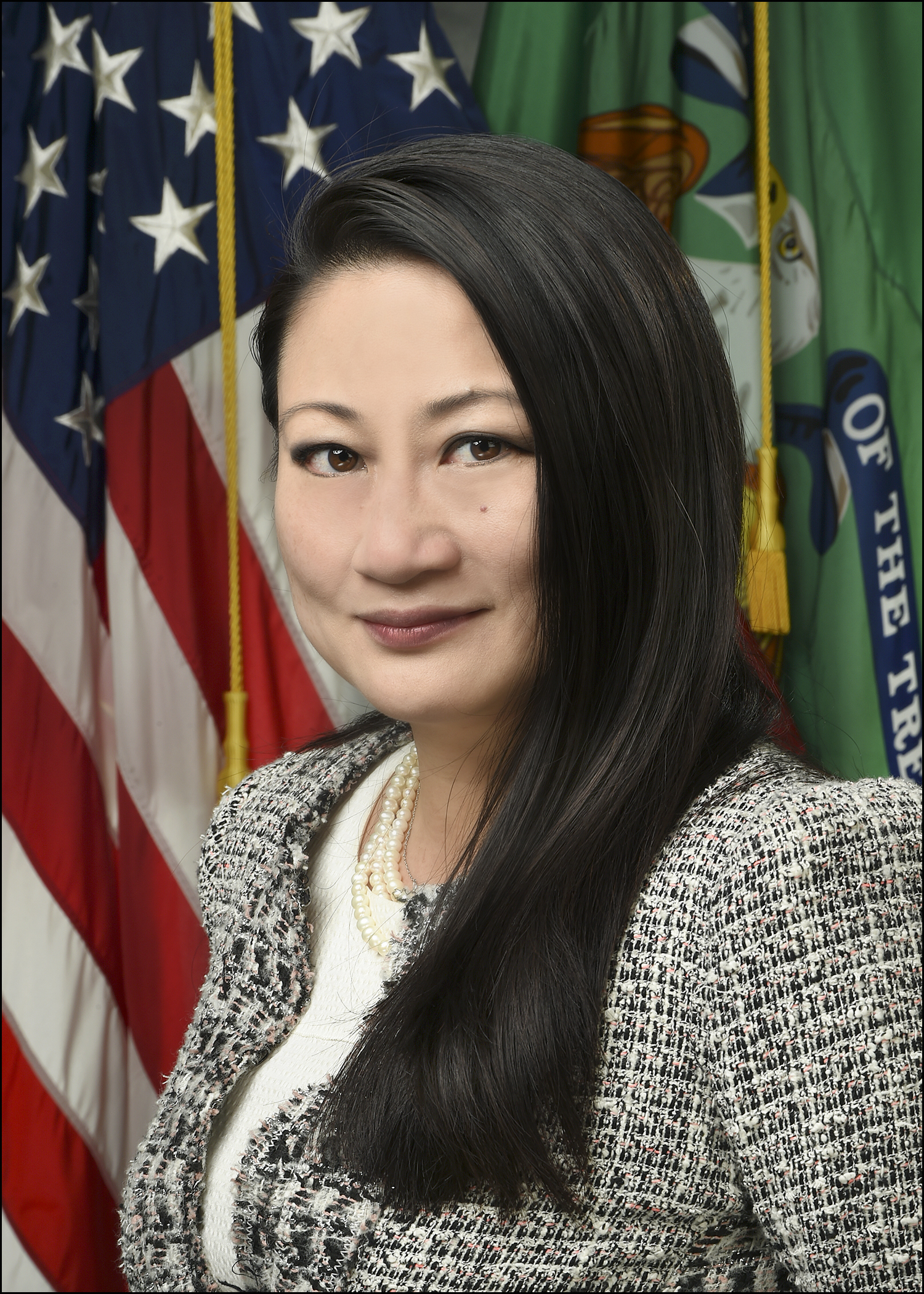 Sharon S. YangDeputy Assistant Secretary for International Financial Markets, U.S. Treasury
Sharon S. YangDeputy Assistant Secretary for International Financial Markets, U.S. TreasurySharon S. Yang is the Deputy Assistant Secretary of the International Financial Markets office in Treasury International Affairs. Sharon heads a team of international economists and financial analysts responsible for addressing a wide range of international financial policy issues, including advocating U.S. financial regulatory interests in multilateral forums such as the Financial Stability Board and G-20, bilaterally through formal dialogues with international counterparts in Europe and Asia, and by assessing potential systemic financial risk in key international financial markets. She leads Treasury’s international engagement on financial innovation, including through G7, FSB, and the IMF High-level Advisory Group on Finance and Technology. Prior to her current role in Treasury International Affairs, Sharon was in Treasury’s Office of the General Counsel.
Sharon’s work at Treasury builds on 15 years’ private sector financial regulatory, strategy and legal experience, including as in-house counsel and in private practice in New York. Sharon began her career as a management consultant, where she advised Fortune 500 companies on corporate strategy. Sharon holds a Juris Doctorate from the Georgetown University Law Center and is a graduate of the Wharton School of the University of Pennsylvania.
-
 Stasys JakeliūnasMember of the European Parliament (Greens/EFA, LT)
Stasys JakeliūnasMember of the European Parliament (Greens/EFA, LT)Stasys Jakeliūnas is a member of the European Parliament from Lithuania. He works at ECON and is chair of the FinTech working group. In 1987 he graduated from Vilnius University with a degree in psychology. His interests in this area include cognitive (behavioural) economics and finance. During 1993-1995 he lived and studied in the USA and graduated with a master’s degree in business administration (finance) from Michigan State University. He has worked for ten years as investment manager and CFO for the largest insurance group in the Baltic states. Since 2007, he has been writing and commenting on finance, economics and politics, and in 2010 he published a book in Lithuanian called “The Anatomy of Lithuanian Crisis”. In 2016, he was elected to the Lithuanian Parliament (Seimas) and chaired the Budget and Finance Committee. He initiated and led the parliamentary inquiry into the 2009-2010 economic crisis in Lithuania. A book about the inquiry and its findings, “Wild Horses from Sweden“, was published in English in the autumn of 2020. Another book about banking in Lithuania, “The Swedbank Case”, was published in English in the summer of the same year.


